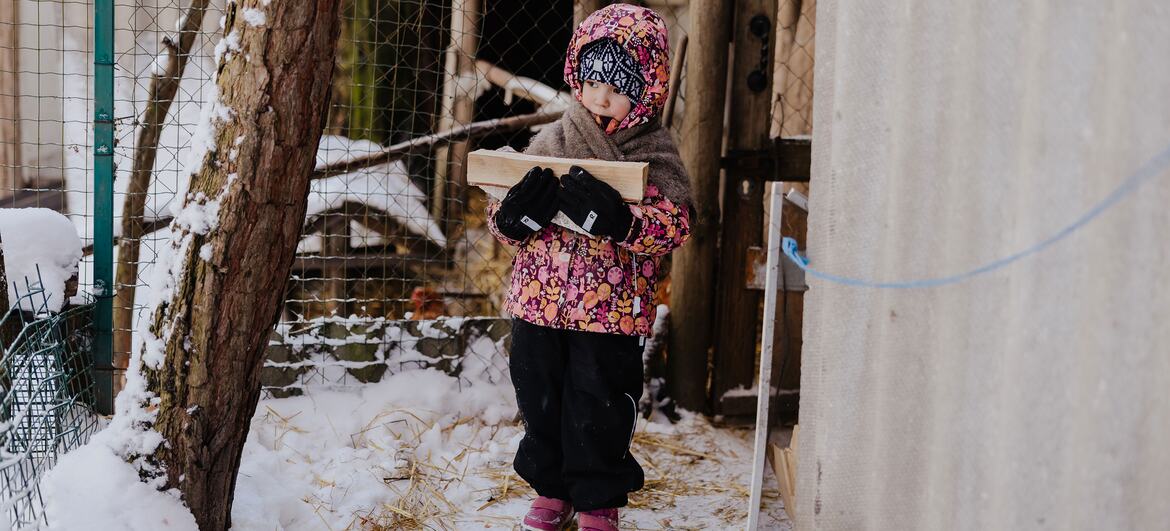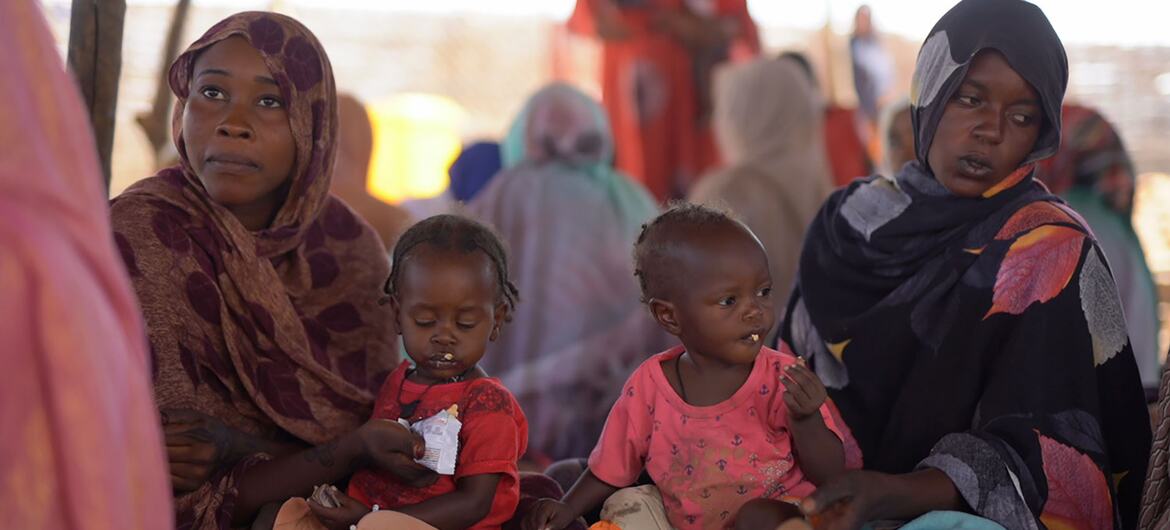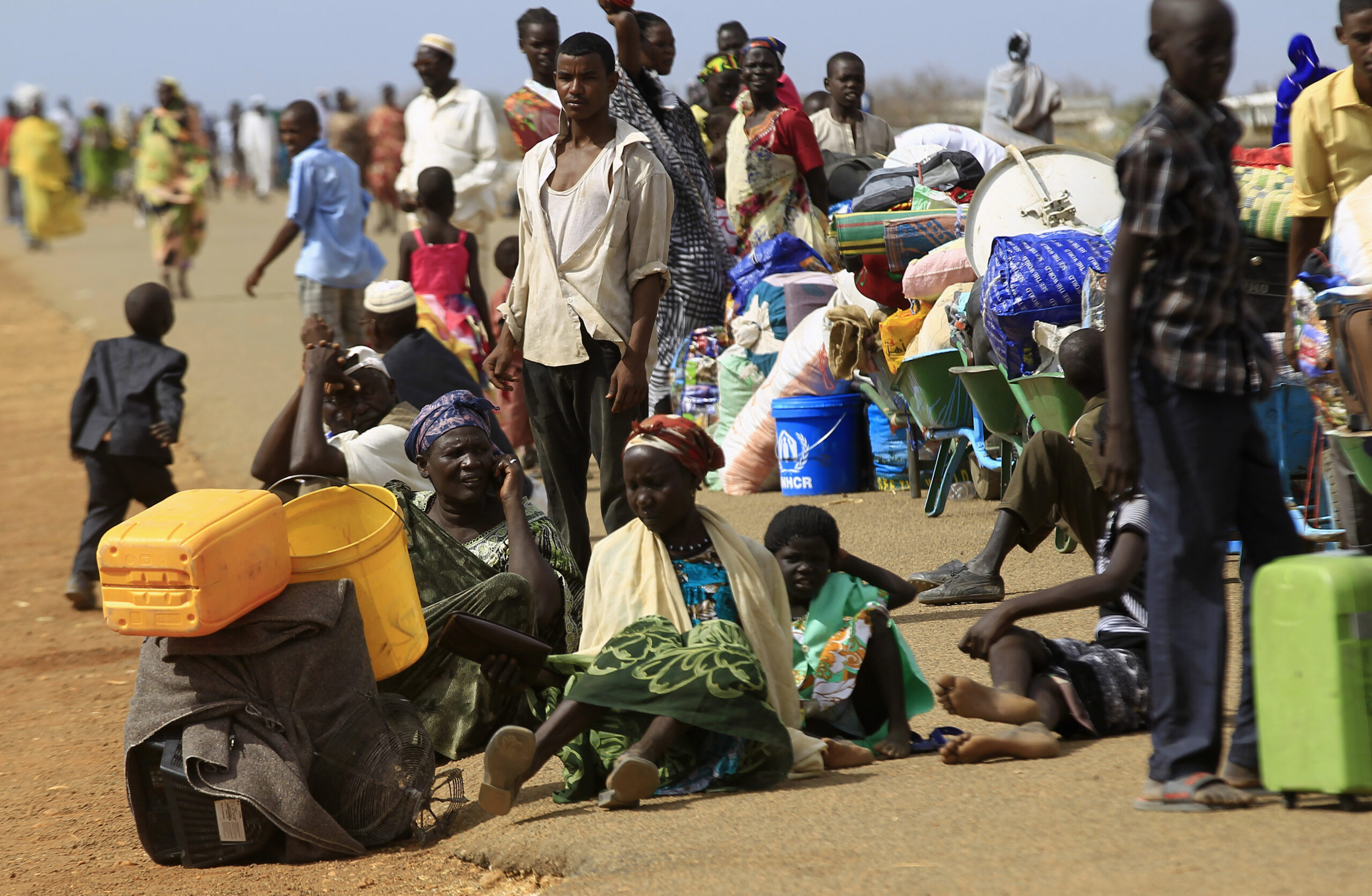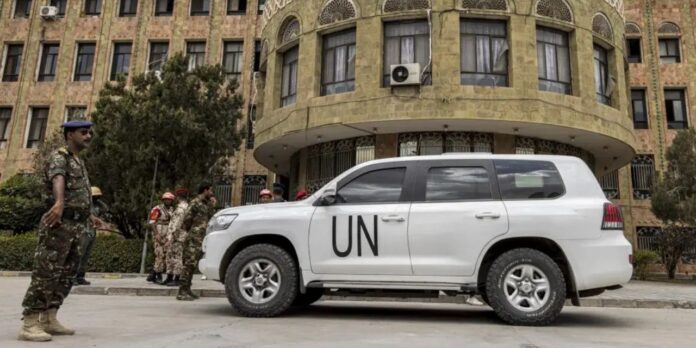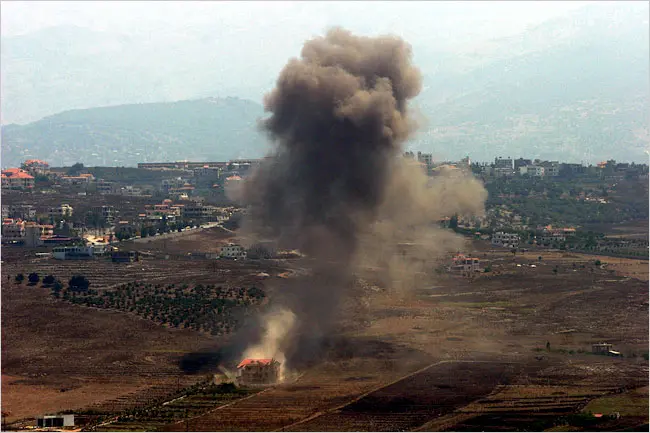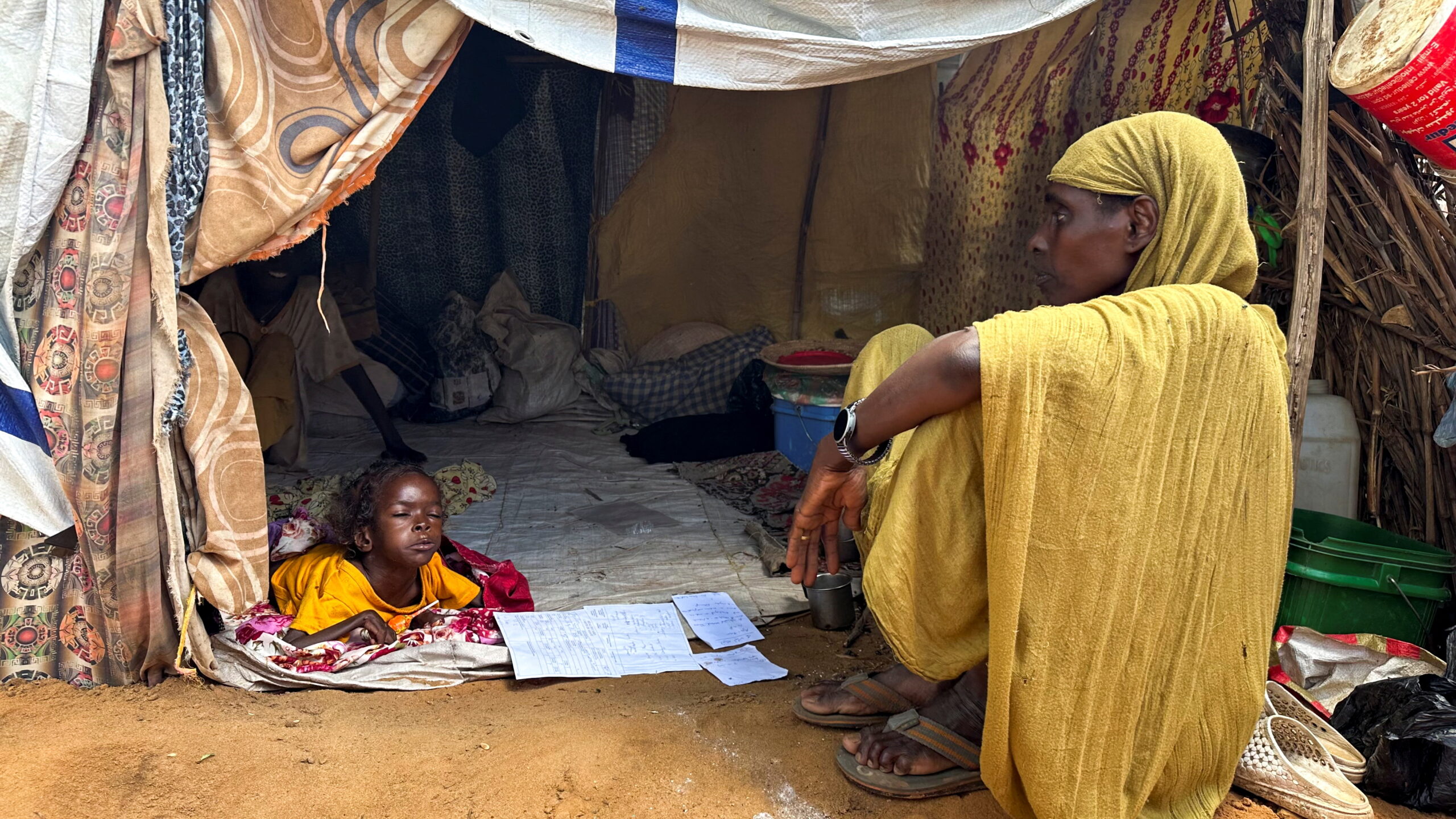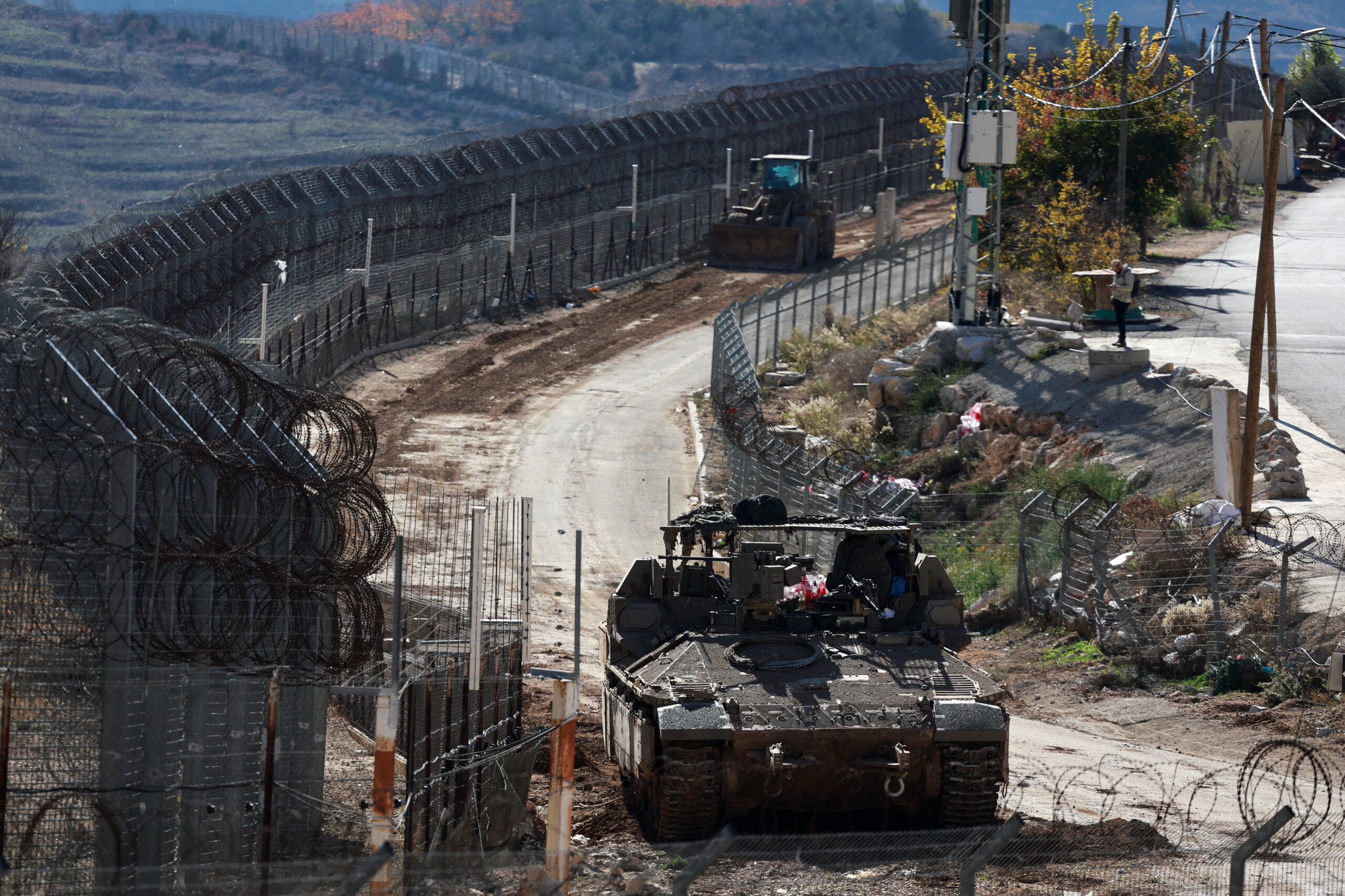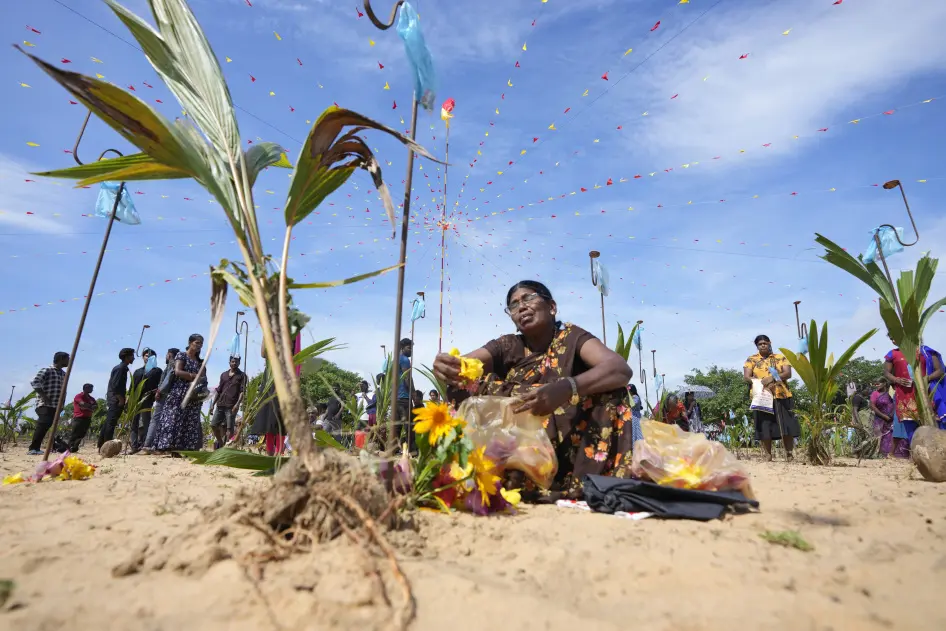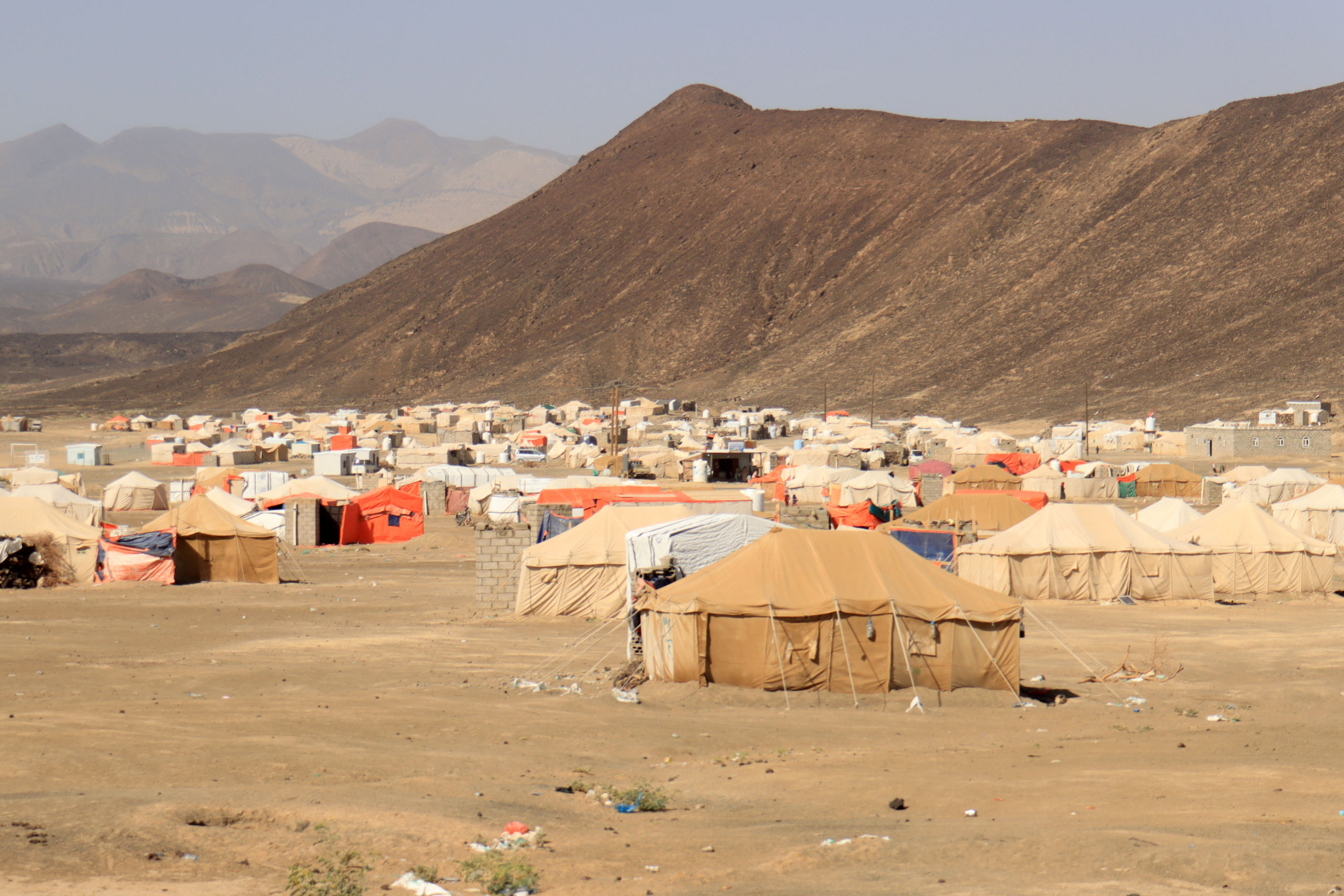IAEA Sounds Alarm After U.S. Strikes on Iran
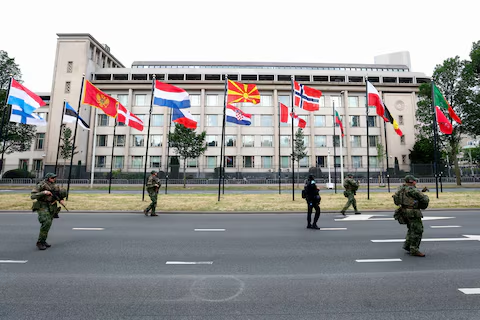
Hague NATO summit aims to focus on Trump's spending goal but Iran looms large/Reuters.
A quiet but tense gathering unfolded in Vienna as IAEA Director General Rafael Mariano Grossi convened an emergency session of the agency’s Board of Governors, following a series of U.S. military strikes on Iran that have, for the first time in modern history, directly targeted active nuclear facilities. The implications, both technical and political, are staggering.
Standing before the board, Grossi delivered a stark warning: “Armed attacks on nuclear facilities should never take place.” His words, though measured, carried a sense of urgency and disbelief. Satellite imagery and on-the-ground assessments show clear impact points at Iran’s Fordow site—craters carved into reinforced ground, consistent with the use of bunker-busting munitions.
The strikes were not limited to one site. In Isfahan, buildings linked to uranium conversion processes were hit, along with tunnel entrances reportedly used to house enriched material. And at Natanz—long a focal point of Iran’s enrichment programme—the U.S. targeted the core fuel production infrastructure.
So far, no radioactive contamination has been detected at any of the three facilities. But the absence of a nuclear spill does not mean the world has avoided a crisis. Rather, it may only be the opening chapter of one.
In Tehran, the political reaction has been swift. Iran’s nuclear chief has formally demanded that the IAEA investigate what it calls an “illegal act of aggression” by the United States. Simultaneously, Iranian lawmakers are weighing whether to suspend cooperation with the agency altogether—a move that would severely hamper international monitoring and dial back transparency at a moment when it is needed most.
The IAEA, historically cautious and technocratic, now finds itself pulled into the centre of a rapidly expanding geopolitical storm. The Board meeting itself is closed to reporters, but a tightly choreographed photo-op with Grossi and Belgium’s Ambassador Caroline Vermeulen—who currently serves as the Board’s vice-chair—preceded the session. An official opening statement is expected, though it may offer only limited insight into the board’s deliberations.
What’s clear is this: the rules of engagement surrounding nuclear sites—a cornerstone of global arms control and wartime restraint—are under strain. The notion that such facilities are untouchable in conflict may no longer hold. And that shift, subtle as it may seem now, could reverberate for decades.
The rubble in Fordow is not just physical—it marks a potential rupture in the nuclear order itself.
Agencies.


